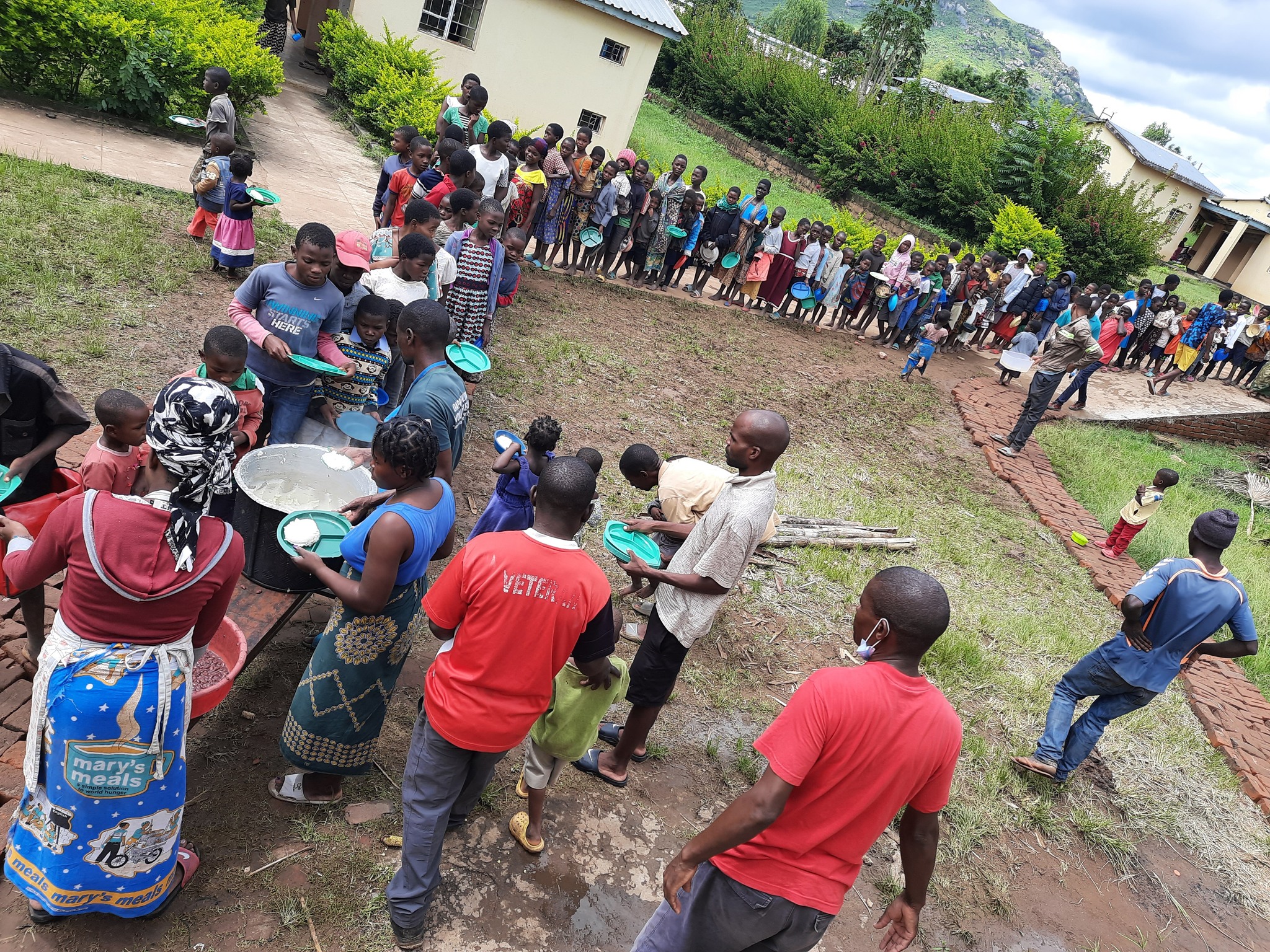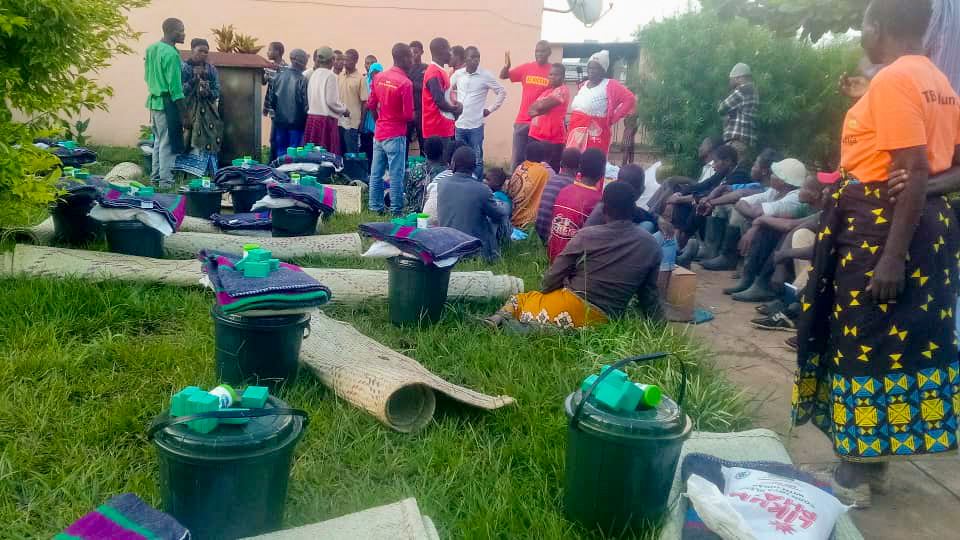A brief background
In recent years Malawi has experienced a variety of natural disasters, including cyclones, cyclical drought, earthquakes, flooding, and severe storms. Malawi’s then President Peter Mutharika declared a State of Disaster on 8 March, 2019 following the torrential rains and severe flooding and devastation in 15 districts in southern Malawi – known as Cyclone Idai. Flooding in rural and urban areas made buildings collapse, washed away bridges, made roads impassable, and destroyed homes and belongings. More than 922,000 people were affected by Cyclone Idai. 56 people died, 577 were injured and 76,000 were displaced, as reported by the Government.
In January 2022, Storm Ana hit Malawi and caused injuries and killed at least 11 people. The country suffered nationwide power cuts and some areas were declared disaster zones.
On 13 March this year, another disaster hit Malawi, namely Cyclone Freddy, which as per the Department of Disaster Management Affairs (DoDMA) report published on 14 March 2 had already resulted in 18,689 households being displaced, 225 people had died, 41 people were missing, and 707 people sustained various injuries. As of 18 of March, the death toll had increased to more than 300 people. As of 19 March, the DoDMA reported 476 fatalities, 349 people still missing, 918 injured people and nearly 491,000 displaced people (a number of these in 533 accommodation centres) across the Southern Region.
Public infrastructure such as schools, health facilities, and district and main roads have been damaged in all affected districts and many schools have closed.
The affected districts are in the Southern Region of Malawi, namely Nsanje, Chikwawa, Phalombe, Mulanje, Blantyre, Thyolo, Chiradzulu, Blantyre City, Mangochi, Machinga, and Balaka districts. 165 camps have been established. The District Councils are conducting rapid assessments to establish the number of households affected by the cyclone. Government and partners are providing relief assistance to the affected districts.
DAPP Malawi’s response to Cyclone Freddy
DAPP Malawi has started its response to Cyclone Freddy. On 14 March, the first distribution of clothes to the affected families took place when DAPP donated 1,664 packages of clothes, benefitting 4,500 people. On 17 March, DAPP started the distribution of clothes to another 2,000 families in Chiradzulu, Phalombe and Mulanje who are receiving a 7-kg family package of clothes. This reaches approximately 10,000 people.
The need for more clothes is huge, due to the number of people being affected. DAPP is collaborating closely with the DoDMA so that the people most in need of clothes are reached first. DAPP Malawi is preparing further humanitarian aid interventions together with Humana Spain in order to provide life-saving emergency assistance to people affected by Cyclone Freddy, such as food items and plastic for shelter. Additional planned interventions include mitigation of the risk of cholera and further support to early recovery from the impact of the floods.
DAPP Malawi is also planning to increase its efforts on training communities in preparedness for future climate-change related disasters.
We are yet to establish the impact of Cyclone Freddy on the participants of our social development projects, but reports already show that gardens and houses of farmers in our Farmers’ Clubs project have been destroyed.
Over the recent days, more than 2,100 people have been seeking refuge at DAPP Mikolongwe Vocational School in Chiradzulu District. DAPP Malawi is providing food, shelter and sanitation for these people supported by a local church and Malawi Government.
Further on the impact of Cyclone Freddy
Malawi is one of the poorest countries in the world, struggling with a poor economy, the effect of climate change, poor health and education facilities, a recent Covid 19 pandemic followed by a cholera epidemic in several districts. Many families have lost houses and belongings but not only that. The month of March and April is where the smallholder farmers were to begin harvesting their crops, which they planted last year, and many of these farmers have now seen their crops being washed away. The people suffering the most are often the children who are the most vulnerable and often more hit by diseases such as cholera, malaria etc, especially in the aftermath of such disasters as Cyclone Freddy, where lack of nutritious food, hygiene and sanitation are big a challenge.
Our solidarity with the affected people and our timely and effective humanitarian response is needed.
19.03.2023
DAPP Malawi




